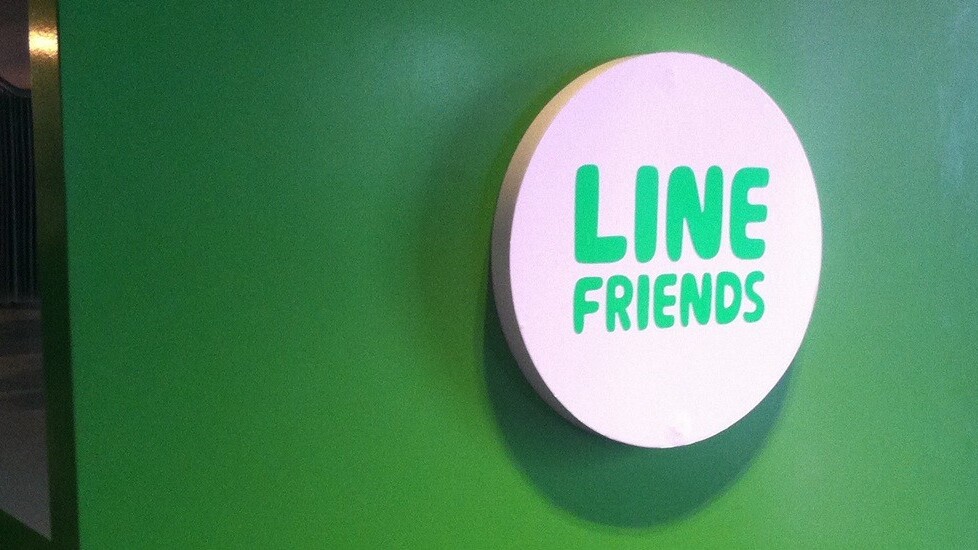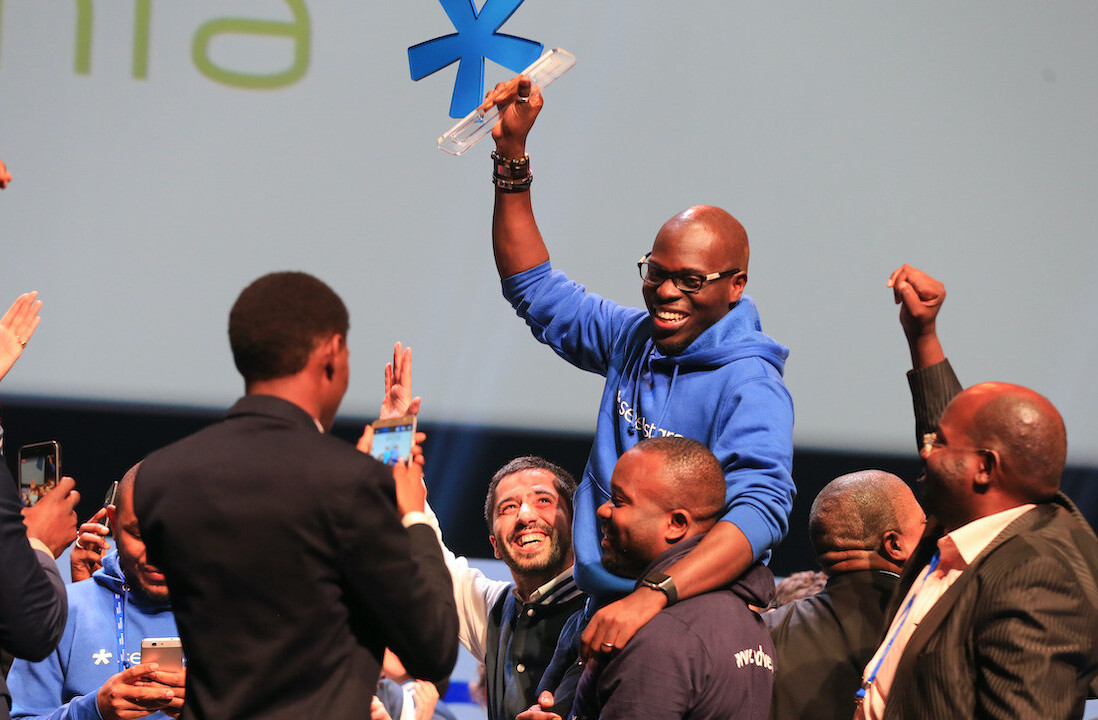
Mobile messaging company Line has denied that its database has been hacked, but called on users to change their password, as police in its native Japan investigate instances of unauthorized access on the service.
The AFP reports that there have been over 300 incidents of user accounts accessed by third-parties, including three “that involved cash trades resulting in financial loss.” Despite those cases, a Line spokesperson confirmed to TNW that the company has not been hacked; it instead believes that poorly-secured passwords from other services are to blame.
In a statement provided to TNW, Line said:
Some cases have shown that personal information retrieved from other weakly-protected sources may be misused on Line for unauthorized access, if the user keeps the same log-in ID and password for multiple services.
As Line becomes more popular around the world, Line would like to remind users to protect their personal information by using individualized password for Line and changing it on a regular basis. It is also important for users to not disclose their IDs publicly.
The problem with Line’s statement is that many users do make their IDs public, or at least they are the same as their IDs on other websites and therefore easily guessed. It is good practice to maintain different passwords across different sites and services, nonetheless.
Despite these statements, Line users did not receive any notification from the company asking them to change their passwords or be vigilant about their account.
Line has more than 400 million registered users worldwide, and is particularly popular in Japan, Taiwan and Thailand. Last year, it was accused of failing to secure its service from potential third-party snooping last year — the company has admitted in the past that it does not encrypt connections over a mobile network.
Headline image via TNW staff
Get the TNW newsletter
Get the most important tech news in your inbox each week.





